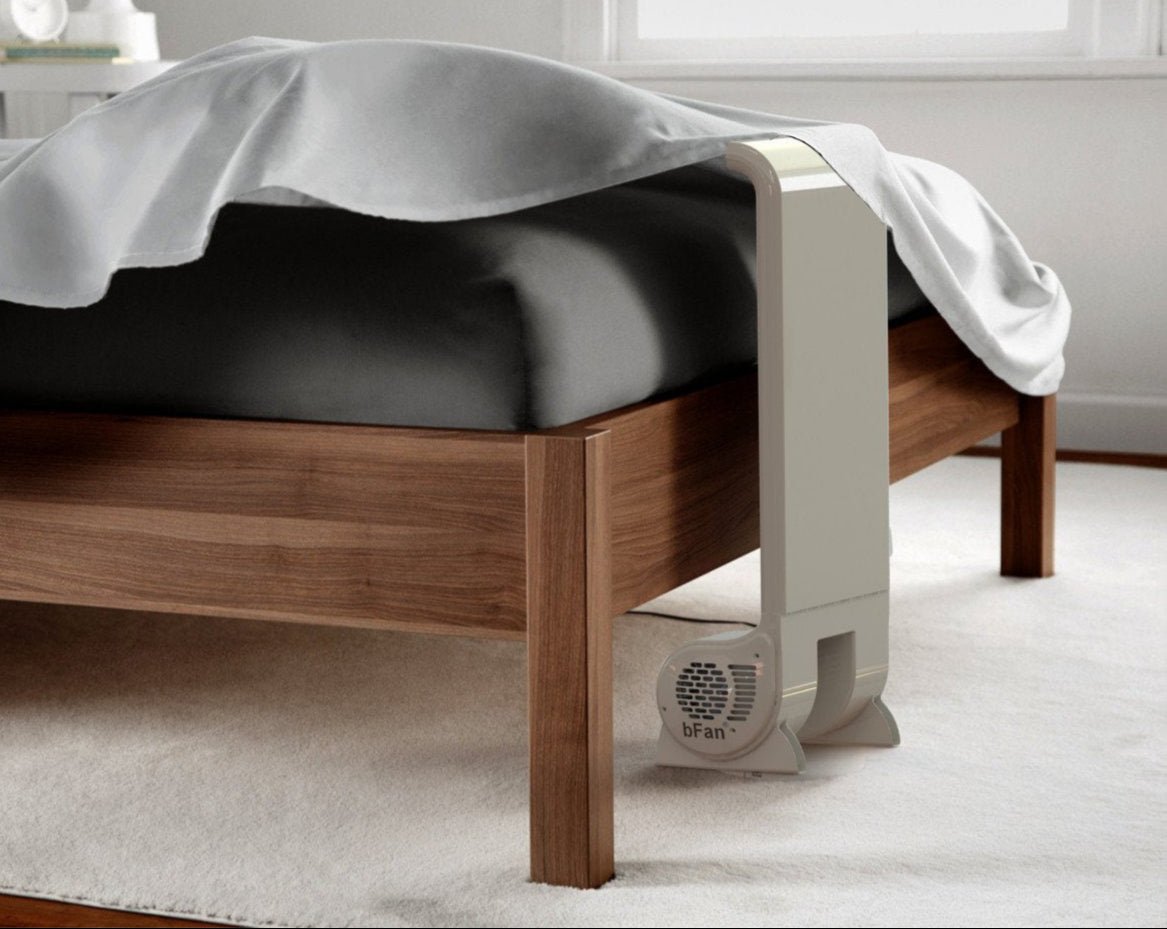Night Sweats in Children
Sweating is experienced by people of all ages, as it is the body's way of cooling itself down when it's too hot. Usually, excessive sweating is caused by an external factor, such as extreme heat, heavy clothing, or exercise. Sweating that occurs at night while you're asleep, not due to the previously mentioned causes, is considered night sweats. Night sweats can be caused by a variety of things, such as external factors or issues, or nothing at all.
Excessive sweating in children is generally due just to outside factors and, therefore, not night sweats. However, there are several different things to check if your child is experiencing heavy sweating before deciding whether or not it is night sweats. The first is their bedding; heavy bedding is a common cause of sweating in children as they get too hot. Secondly, clothing can be too heavy, making your kid too hot at night. Lastly is the room itself; if your child's bedroom is too hot, heavy sweating is inevitable.
It should also be noted that it is not uncommon for toddlers to experience night sweats for no concerning reason. For one, toddlers' immune systems are not as developed as adults, which means they are not able to regulate their internal body temperature as effectively. In addition, toddlers also spend more time in REM sleep, a stage of deep sleep within which the heart rate increases, which can cause heavy sweating.
Now, with those causes out of the way, we can look into underlying conditions which can cause night sweats in children.
Night terrors are defined as being intense nightmares that occur during deep sleep. While children will generally not remember their night terrors once awake, they will strongly react to them while asleep and experiencing them. Signs of night terrors in children include breathing heavily, trashing around, sitting up in bed, screaming or calling out, and being upset.
Pediatric hyperhidrosis is a condition in which a child sweats excessively, primarily in the hands, feet, and face. The sweating can also occur during the day for no apparent reason. However, people generally notice it due to sweating occurring on the palms, which can be disruptive in social situations. While it does not impact the child's health, the excessive sweating can cause social anxiety.
Obstructive sleep apnea syndrome (OSAS) is a breathing problem in children during sleep, causing sleeping problems and sleep loss. Children with OSAS will also experience fatigue due to not being well rested, possible headaches, and weight gain. Behavioral issues can also result from the sleep loss.
If there is any concern that an underlying condition is causing your child's night swears, you should reach out to your child's doctor to have them examined. However, whether there is an underlying cause or not, there are measures that can be taken to relieve the night sweats. For example, dressing them in light clothes or moisture-wicking pajamas, using moisture-wicking sheets, and keeping their bedroom cool can decrease the severity of their night sweats. Using a fan like the BedFan, should their bed allow, can significantly cool the body to help your child get proper sleep.
Share

